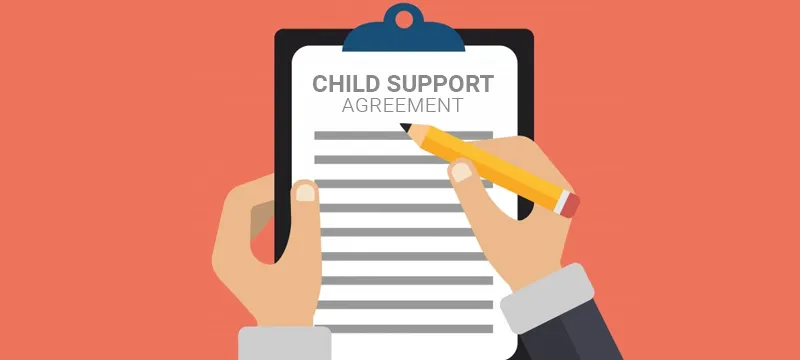What happens when the Landlord-Tenant relationship ends
Unlawful Detainer:
The term unlawful detainer commonly refers to the conduct of a tenant who has lodging or hired property and refuses to go away from the premises upon the expiration or termination of the lease or the expiration of a notice. This act of holding possession of property does not have any legal rights.
The most common reason to begin the filing of an Unlawful Detainer is that the end of the lease or non-payment of rent between a landlord and tenant. It happens when the tenant does not pay rent and does not move out even when they have received a 3-day notice to pay rent or quit.
Unlawful Detainer Process:
Landlords and tenants may have some disagreements. If they can’t work it out, they’ll have to end up it in court. A landlord and tenant could disagree about many things relevant to lease. A Palm Springs Unlawful Detainer attorney tends to make sure that who have the actual right to live in that property.
These cases are commonly known as “unlawful detainer” cases. Sometimes Unlawful detainer cases can be severe. Talk to a professional lawyer to protect all of your rights which everybody will allege to do.
So what is the process of the unlawful detainer? It is mysterious, and we are going to help you navigate through this mysterious process. An unlawful detainer is a form that is about four pages long. It’s typed up by your attorney, or you have to fill it yourself.
The unlawful detainer is filed after your notice expires. Then it is sent to a process server, and then it is filled with the court, and attempt to serve the person personally. If the process server helps them personally, they have five days to respond. If they serve it to a person of suitable age and discretion and then mail a copy, they have 15 days to respond.
If they can’t get them and the tenant is evading service, then a Palm Springs Unlawful Detainer lawyer may have to get an order by the court. A lot of times lawyers will do this because the landlord inadvertently says he is going to hire an attorney or he is going to evict you or something like that.
The tenant tries to evade service. So the landlord can’t do it. A lot of landlords and tenants are very street smart, and they know the process, and they will outdo you if you fail to follow the law properly. so after they’ve served it, the tenant has only five days to respond if it is personally served or 15 days service or order to post.
When the tenant files an answer, then you have a trial. You and the attorney go to the courthouse, and they put on your case usually about 15-20 minutes for a garden-variety eviction. After you win your trial, the process goes into what’s called a writ of possession. That’s the order of the court giving you back your property. The Sheriff will be the one that conducts the lockout for you.
Usually, you will have to pay $25.00 for the court to issue the writ of possession. The Sheriff usually charged an additional $125.00 for the lockout services The clerk fills it out and then gives it to the sheriff. The sheriff then posts it on the front door of the property and gives them another five days. A garden-variety eviction usually takes anywhere from two and a half weeks from the time even it’s served to them about a month if it’s contested.
You can’t evict someone yourself or without the help of law. Only the sheriff holds the right to remove someone from a property or something else by using the proper rule. For that reason, you need an Unlawful Detainer lawyer. For example, even if a tenant is month behinds on the rent, the owner of the property won’t be able to- Evict the tenant, lock the tenant out, get rid of the tenant’s things, cut off the water or electricity, or remove outside windows or doors. If the landlord wants to evict tenant legally, the landlord has too: serve the tenant with a notice or wait for the notice to end, then file the Unlawful Detainer in court. You will usually need an attorney for this. It is not recommended that you try this on your own.
If you are a tenant and remain after your lease has expired, then your landlord can evict you without giving a reason. However, at the expiration of a fixed term lease, the landlord is not required to serve you with a notice since the landlord and the tenant have agreed on the end of the lease in writing.



